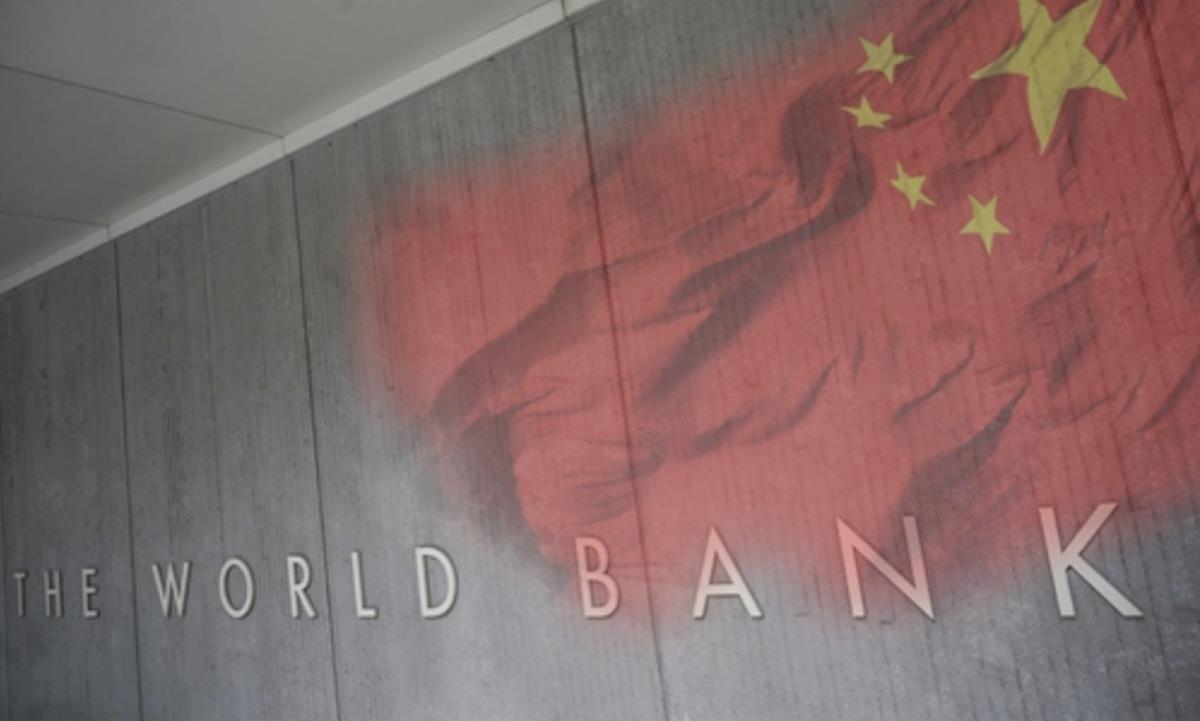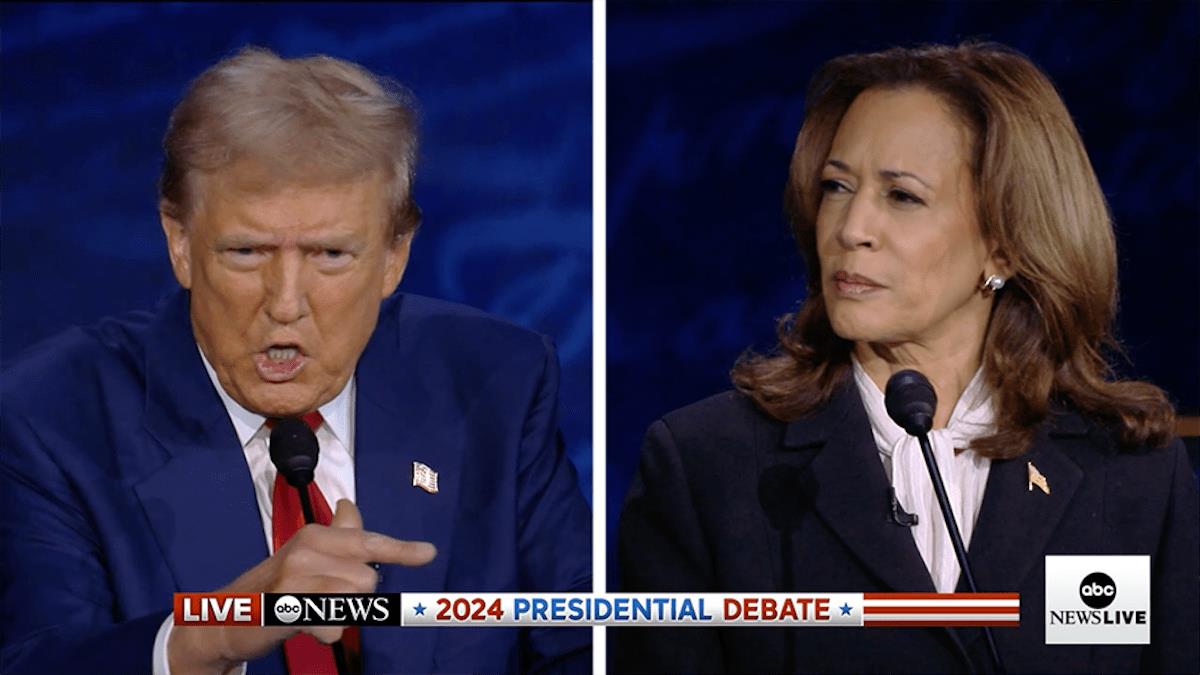
The World Bank Isn't Buying China's Stimulus Talk
The multilateral lender expects growth in Asia's biggest economy to weaken even further next year, generating fresh headwinds for the wider region. This is despite Beijing's recent moves to add stimulus to battle deflationary pressures and an at least initially enthusiastic global investor response.
“Recently signaled fiscal support may lift short-term growth, but longer-term growth will depend on deeper structural reforms,” the World Bank said on October 8. For three decades, it said,“China's growth has spilled over beneficially to its neighbors, but the size of that impetus is now diminishing.”
It's possible the World Bank is misreading the potency of China's moves to revive its economic situation. It
cut borrowing costs , slashed banks' reserve requirement ratios, reduced mortgage rates and unveiled market-support tools to put a floor under share prices. Bolder fiscal stimulus steps are also being mulled in Beijing.
Some economists worry about a darker trajectory if the nation's property crisis is allowed to deepen, exacerbating deflationary forces. The extreme volatility in Chinese stocks these last ten days speaks to the confusion factor.
When the World Bank speaks of the need for“deeper structural reforms,” plunging home prices are at the top of its list. Yet
Chinese leader Xi Jinping appears to think time is on Beijing's side in repairing the vital sector. It might not be, as Japan has demonstrated over the years,
many economists say.
China's current real estate woes and Japan's bad loan crisis of the 1990s aren't ideally analogous. The key similarity is a vital driver of economic growth stalling out indefinitely, triggering negative knock-on effects in other sectors.
In China's case, this also means provincial governments around the nation. For many years, municipal leaders relied on land sales and tax revenues from giant construction projects.
“China's boom-and-bust housing market is partly driven by local governments' heavy reliance on expanding the real estate market to provide a major source of income,” said Tianlei Huang, an analyst at the Peterson Institute for International Economics, a Washington-based think tank.
Since 2022, Huang added,“the downturn in the housing market has hurt local government finances and exposed a
vulnerable system
in need of reform.”
It's a microcosm of what ails China. And yet, Xi's Communist Party continues to treat the symptoms of economic challenges, not the underlying ailments themselves. The longer they fester, the stronger the resulting headwinds.
Rather than the 4.8% the World Bank sees China's economy growing this year, it sees the nation expanding at just 4.3% in 2025. Both readings are below Beijing's current 5% target.
Of course, for an economy at China's level of development, 4.3% is effectively recession territory. And if Xi's team doesn't act boldly and expeditiously to revive growth, that figure could prove too optimistic.

Legal Disclaimer:
MENAFN provides the
information “as is” without warranty of any kind. We do not accept
any responsibility or liability for the accuracy, content, images,
videos, licenses, completeness, legality, or reliability of the information
contained in this article. If you have any complaints or copyright
issues related to this article, kindly contact the provider above.





















Comments
No comment